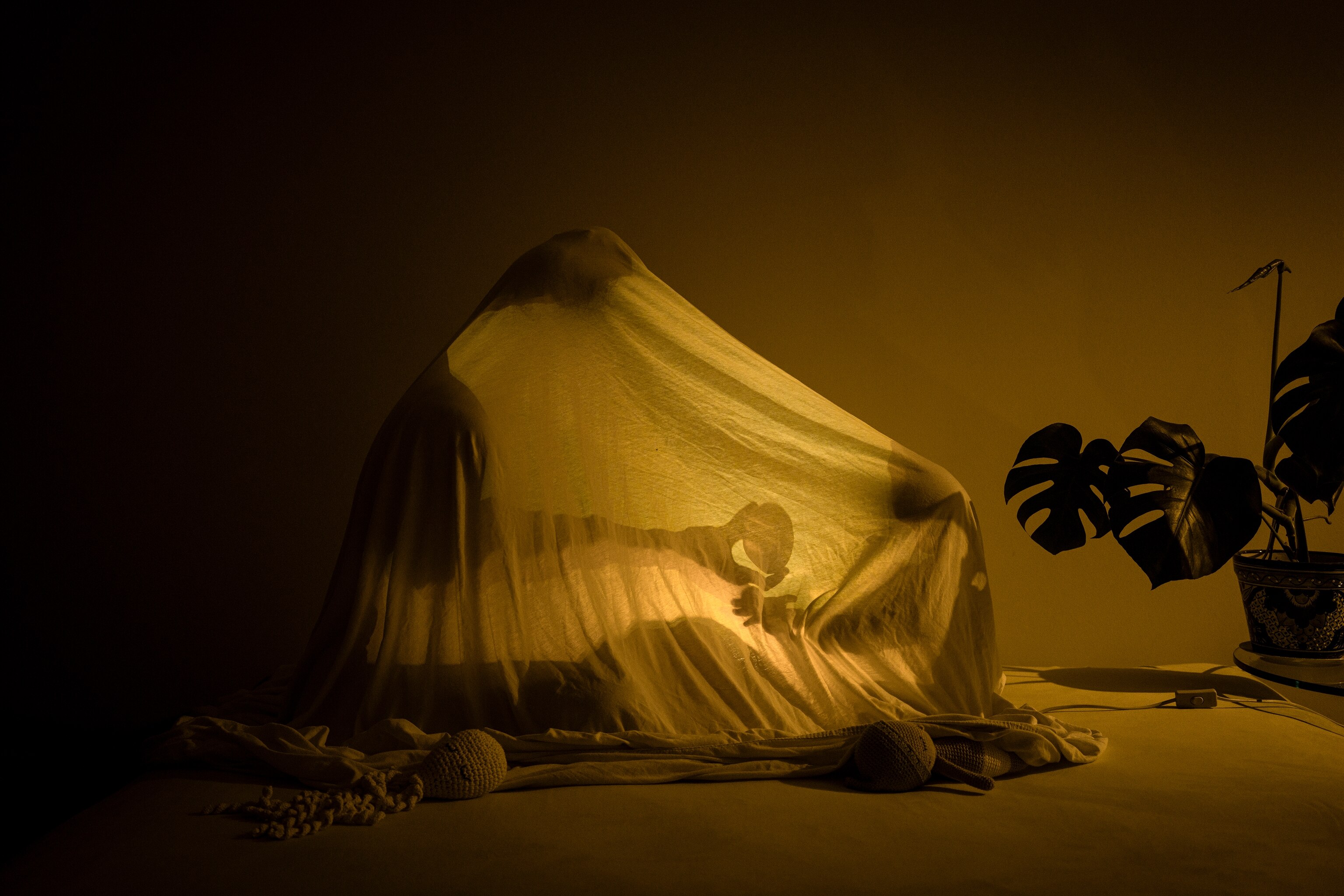Tamara Merino: Exploring connections during COVID-19 quarantine
National Geographic Explorer and photographer Tamara Merino documents her life in lockdown.

In March of 2020, Chilean officials identified the first cases of COVID-19 in Santiago de Chile. By May, most of the country’s largest cities had been placed under a mandatory quarantine. Like other residents, Tamara Merino went on to spend 146 days in total lockdown in an effort to control the spread of the virus.
For Merino, COVID-19 was her second quarantine—the first coming directly after the birth of her son, Ikal. In Latin America, many new mothers observe a 40-day quarantine period in which relatives and friends take over household chores so that the mother and her baby can bond while recovering from the birth.
As a documentary photographer and visual storyteller focusing on human and sociocultural issues, Merino would normally be on the move, traveling to various locations to photograph her subjects. Instead, she found herself confined to her apartment with her son and mother.
Isolation offered Merino the opportunity to tell her own story through intimate self-portraits. During this time, she explored the connection between mother and child as they lived with limited exposure to the outdoors.
For Merino, the pandemic allowed her to connect more deeply with herself and her family, while also reinforcing her belief that humans are undeniably connected to nature.
